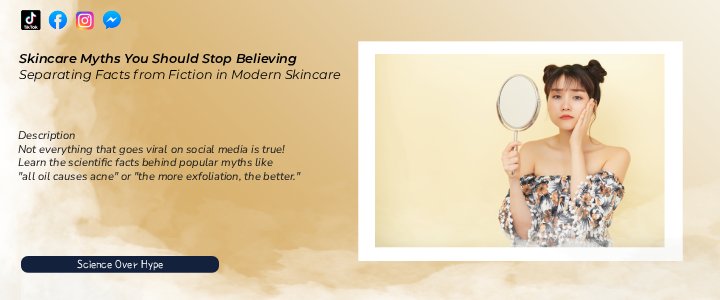Hard contact lenses are made of a rigid material that lets gas pass through it. They are also called RGP lenses. They are better than soft contact lenses in a number of ways, such as providing clearer vision, lasting longer, and being less likely to get dust and other particles on them.
But they can be less comfortable to wear, take longer to get used to, and be harder to handle, put in, and take out of the eye. You should talk to someone who works in eye care to find out if they are the right choice for you.
Advantages Of Hard Lenses
There are many good things about hard contact lenses, such as:
Durability: Hard contact lenses are made of stiff materials that are less likely to tear or break than soft contact lenses. If you take care of them, they can last for years.
Clear vision: People with astigmatism, irregular corneas, or high refractive errors can see well with hard contact lenses because they are sharp and clear.
Easy to clean: Hard contact lenses are easier to clean than soft lenses because they don't soak up water or other substances that can build up on the surface.
Because hard lenses are not as porous as soft lenses, bacteria and other harmful microorganisms that can cause eye infections are less likely to hide in them.
People with certain eye conditions, like keratoconus, are often told to get hard contact lenses because they can help reshape the cornea and improve vision.
Cost-effective: Hard contact lenses may cost more at first, but they can save you money in the long run because they last longer and need to be replaced less often than soft lenses.
Disadvantages Of Hard Lenses
While there are several advantages to hard contact lenses, there are also some disadvantages that should be considered, including:
Initial discomfort: Hard contact lenses can be uncomfortable to wear at first, and it can take some time to get used to the sensation of having a rigid object on the eye.
Longer adaptation period: Unlike soft contact lenses, which are immediately comfortable for most wearers, hard lenses require a longer adaptation period as the eye needs time to adjust to the lens.
Increased risk of corneal abrasions: Hard contact lenses are more likely to cause corneal abrasions if they are not fitted properly or if they shift on the eye.
Limited oxygen flow: Hard contact lenses are less breathable than soft lenses, which means they may limit oxygen flow to the eye and lead to dryness or discomfort.
Not suitable for certain activities: Hard contact lenses are not recommended for certain activities like contact sports, as they can easily dislodge or break, causing injury to the eye.
Not suitable for all prescriptions: Some people with complex prescriptions may not be able to wear hard contact lenses due to the rigid nature of the lens and its inability to conform to the shape of the eye.
You should know how to take care of and clean a pair of hard or rigid contacts before you buy them. The way to clean hard contacts is very different from the way to clean soft contacts. When you buy contacts, you should also buy the solution to clean them. Your contact cleaner is very important, and if you have hard contacts, you must have it.
Clean Hard Contact Lenses Tips
Both hard and soft contact lenses require you to wash your hands before touching them. Before you touch your hard lenses, you should always wash your hands with soap and water. The best soap to use is antibacterial soap because it cleans your hands well and doesn't have any scent.
When cleaning your hard contacts, the first thing you should do is take the lens out of your eye and put it in the middle of your hand. When you want to clean your lenses, you should have your lens cleaner out and ready to use. Once you have the lens in the palm of your hand, squeeze a few drops of cleaning solution into the middle of it. Now, work the solution gently into the lens for about a minute. You should never press on the lens because you could end up tearing it.
After you're done cleaning your lens, you'll need to rinse it. You can use tepid water to rinse hard contact lenses. These lenses are very strong and don't need any special liquid or solution to be cleaned. When you are done cleaning and rinsing your contacts, put them back in the case and fill it with the solution you have for soaking your hard lenses. The soaking solution will keep your contacts clean and remove protein that builds up on them over time.
If you take care of your hard contacts, they will last for a long time. Most contact lenses will last longer than soft lenses and won't need to be replaced for months at a time. They are also easy to clean, as long as you know what to do.
There are many different brands of soaking and cleaning solutions at your local department store. If you take care of your hard lenses and soak them in solution while you sleep, they will last you a long time without giving you any problems or hurting your eyes.



